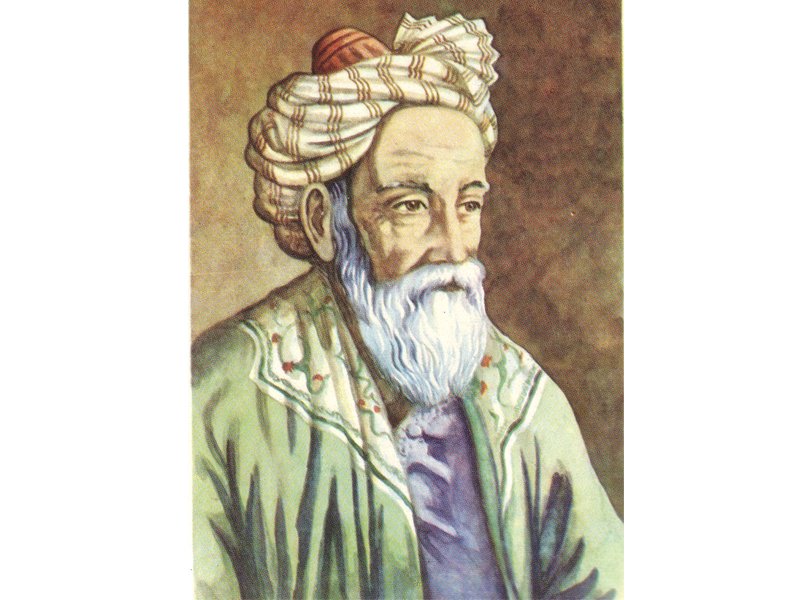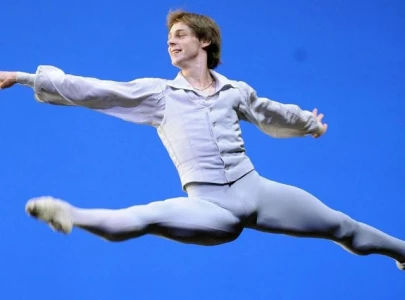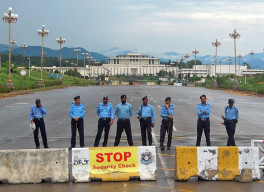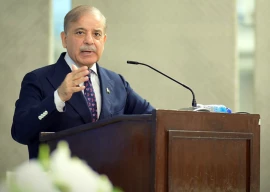
The audience was treated to an elaborate buffet, a fruit drink and a lecture by a Central Asian expert on Khayyam and poet Prof Aftab Kazi. “Poetry is universal,” said Atle Hetland of PANA, explaining the motivation behind organising the event that was attended by the diplomatic community and the locals.

In a prelude to the lecture, the opera singer Lynly Butt performed some quatrains from Khayyam’s poetry, including the famous “The Moving Finger Writes; and, having written, Moves on: nor all thy Piety nor Wit, Shall lure it back to cancel half a Line, Nor all thy tears wash out a word of it,” which has also figured in western literature and Hollywood films.
An independent film on the life and times of the polymath, “The Keeper — The Legend of Khayyam” was also screened at the event. Directed by Kayvan Mashayekh, the film dramatises the life story of Khayyam in a Western perspective.
The film follows a 12-year-old boy, Kamran, who discovers that his ancestor is the 11th century mathematician, astronomer and poet — Khayyam. Shifting between the modern times and the ancient era, the film spans some of Central Asian states, America and England, following Kamran in search of the story that has been handed down to his family from generations and it is his responsibility to keep the story alive for future generations.
“The movie is excellent but the directors and producers commercialise and they distort the history,” said Kazi, who was inaudible for the most part; perhaps owing to the absence of a microphone and occasional murmur in the audience. He compared the distortions to established facts that seem to have eluded the history of the legend and the tradition of record-keeping.
For example, he stated that Khayyam was not the womaniser and heavy drinker that the West depicts him to be although he did drink and had “limited romances”. Kazi added Khayyam was not a Sufi but a mystic; calling the former a divine information provider and the latter a scientist.
Until 1933, there were problems in citing his date of birth but then a medieval astrologer in Calcutta found some of the documents which were written by Khayyam, depicted he had created his own astrological chart and the document received by the Bengal astrologer depicted that he was born on May 18 1031 in Shahpur which was then called Khurrasan.
Moreover, Yasmin Javaid, an audience member and avid follower of Khayyam’s poetry, said she was pleased to witness his life story. “The film was very nice and it showed that Khayyam was a man of conviction, he stood for his principles. He became a legend,” she said.
Commenting on enlightening the youth on historic accounts, Kazi said he saw no hope in the near future. “Only the government can do something about it, but they won’t. We need a Changhez Khan in this land, democracy will not work, although I don’t wish to suggest being intolerant in addressing our social crises of terrorism,” he added.
Published in The Express Tribune, February 3rd, 2014.

















COMMENTS
Comments are moderated and generally will be posted if they are on-topic and not abusive.
For more information, please see our Comments FAQ